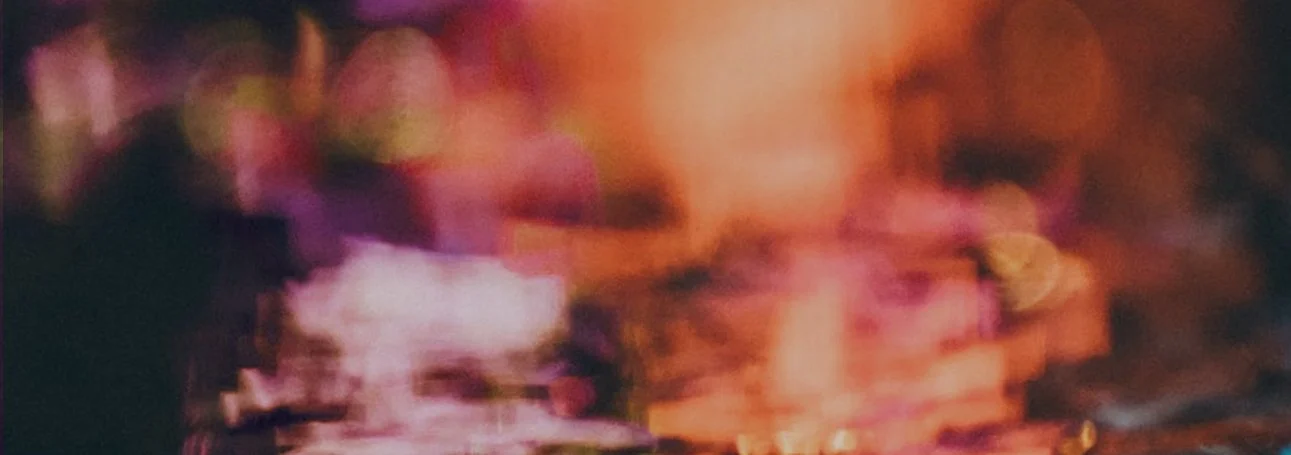The Perils Of Being An Expert
"In the beginner's mind there are many possibilities, but in the expert's there are few."
- Shunryu Suzuki
Life is wonderful when you’re perceived as an expert. People accept your advice almost without question, you enjoy prestige and earn nice paychecks.
On the flip side, being an expert can be the best way to close your mind. After years or decades of doing the same thing the same way, you may form an infallible dogma on the level of the most extreme religious fanatic. You are right and everyone else is wrong.
Howard Zinn, the historian and social activist, took this notion to its natural conclusion, observing how it’s often the expert that makes the biggest mistakes.
We've all witnessed this phenomenon: The 2008 financial crisis, New Coke, the Deepwater Horizon oil spill, war based on “evidence” of weapons of mass destruction,Gap Inc’s re-brand that lasted a mere 6 days.
These monumental failures were caused by the most accomplished in their respective fields, people who should know better.
Were they too hasty with their decisions? Too narcissistic to heed the warnings or listen to alternative ideas from those in the lower ranks? Maybe.
Part of the problem could be confirmation bias, where we only choose the facts that support our baked-in beliefs or desired outcomes. We’re prone to cling to specific viewpoints, particularly when they’ve been reinforced with positive experiences.
This is commonly known as being stuck in our ways. And that’s what was happening to me more than 10 years ago.
With a flourishing business and a stream of adoring clients, I thought I had reached the mountaintop. “I’m an expert now.”
But I became aware of a default impulse to dismiss ideas from both the less experienced and those outside my industry.
It wasn’t as if I went on a 10-day silent meditation retreat and dissolved layers of ego and societal conditioning. Rather, I recognized how experts in my field – creative directors, VPs of Marketing, brand strategists – would occasionally brush off my ideas without consideration.
The mirror doesn’t lie, right?
Since then I (try to) apply these mental approaches to every project:
- Reserve judgment. Albert Einstein said, “If at first the idea is not absurd, then there is no hope for it.” Remember that “bad" ideas aren’t always so bad, since they can plant the seeds for true breakthroughs: A more effective fitness routine, a tastier fried chicken recipe, a more intuitive web interface, a comfier shoe insole.
- Try to understand what you don’t agree with. No question is more powerful than “Why?” By examining the rationale of the opposing view, you’ll enhance the finished project, no matter whose idea you choose.
- Be aware of bias. Focus on the potential of the concept, not the job title or age of who presents it. Anyone can have a good idea.
- Above all, question yourself. Especially if you’re an expert.


